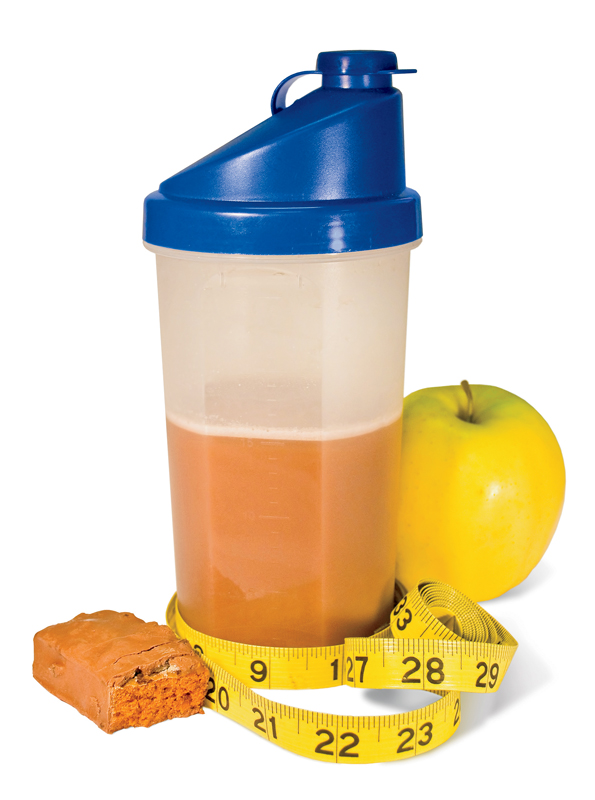Protein Power—Too much of a good thing?
By Mary Kay Kleist
November 2013 View more Health & Fitness
 Many people have joined the high-protein diet craze in hopes to build muscle and lose fat. Next time you’re in the grocery store, take a good look around. You might be surprised at the number of products plastered with the word protein. Researchers found that protein can help you shed pounds and keep you feeling fuller longer. So, to satisfy that craving, food manufacturers are now adding protein to foods that may not have had it naturally.
Many people have joined the high-protein diet craze in hopes to build muscle and lose fat. Next time you’re in the grocery store, take a good look around. You might be surprised at the number of products plastered with the word protein. Researchers found that protein can help you shed pounds and keep you feeling fuller longer. So, to satisfy that craving, food manufacturers are now adding protein to foods that may not have had it naturally.
Easy Does It
With all this talk of adding protein to food, you might think Americans are not eating enough. But that’s hardly the case. Most of us are already exceeding our daily protein needs. The Recommended Dietary Allowance (RDA) for men is 56 grams per day and 46 grams per day for women. With all the added protein available in our diets, it’s easy to reach the RDA in one sitting. For example, you’ll get your fair share by eating a 4-ounce chicken breast, a 6-ounce container of Greek yogurt, and one ounce of almonds. “However, it is extremely important to spread out this protein evenly throughout the day, since the human body is unable to absorb much more than 30 grams of protein at once—depending on body composition and physical activity level,” said Jennifer Ventrelle, RD, lifestyle program director, Rush University Prevention Center. “The risk of not absorbing protein is that those excess calories eventually get stored and can promote weight gain,” said Ventrelle.
How Much is Too Much?
Experts say it becomes unhealthy and dangerous if you exceed more than one gram of protein per pound of body weight. So, for example, if you weigh 130 pounds, 130 grams of protein in one day is too much. In the most severe cases, excessive amounts can cause stress on the kidneys, increase the urinary loss of calcium and dehydration can set in. Ventrelle says high-protein diets are not for everyone. “Protein is a big molecule, and needs to be filtered out through the kidneys, which may cause damage to some individuals with existing kidney function decline.”
STAY HYDRATED
If you’re following a high-protein diet, make sure you increase your water intake. “The more protein one intakes, the more water they will require for optimal metabolism,” said Ventrelle.
BEST SOURCES
Animal proteins are the easiest for your body to absorb. They are referred to as High Biological Value (HBV) proteins. “Proteins are made up of smaller building blocks called amino acids. A complete protein is one that contains all of the essential amino acids—amino acids that cannot be made in the body, therefore they must be acquired through the diet,” said Ventrelle. Here are some of the best sources of HBV proteins:
• Whole Eggs: The storage form of protein in the body is called albumin. Egg white is the purest form of albumin and is the best quality protein that can be eaten.
• Fish, Chicken, Turkey and Pork Tenderloin: These are also low in saturated fat which will help to protect your heart.
• Milk, Cheese and Yogurt: Dairy products are HBV. Choose low-fat or non-fat versions of these to avoid excessive intake of saturated fat. “Low biological value proteins, or those not very well absorbed, are found in plants, legumes, grains, nuts, seeds and vegetables. This is why it is more challenging for a vegetarian to achieve optimal protein intake,” said Ventrelle.
Before starting a protein diet, or any weight-loss diet, always talk with your doctor. That’s especially important with protein diets if you have kidney disease, diabetes, or other chronic health conditions.
See more of CBS 2 Meteorologist Mary Kay Kleist’s reports here.


